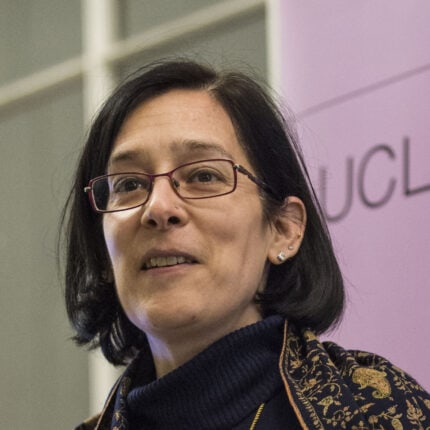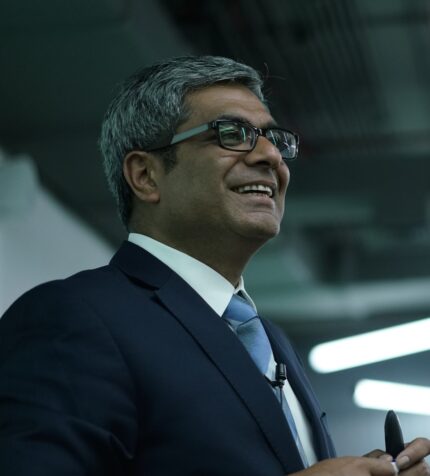Teaching and researching at a university are no longer the vocation they once were.
The introduction of full tuition fees has meant that students, historically expected to land a better job through higher education, provide the majority of funding for higher education via their graduate repayments. The Research Excellence Framework requires universities to justify the value and cost of their research, and has made for increased competition for research funding. The Teaching Excellence Framework was designed to ensure that universities, now focused on research, did not ignore teaching quality.
The world is changing and the sector has had to adapt. December 2020 was the original submission deadline for the next REF – this has now been extended. Academics working away from the campus are unable to complete much of the research in which they are engaged. Teaching has moved online at short notice, with most academics having had little training in remote delivery. And TEF, already cancelled for 2020, is currently without a date or a protocol for 2021.
As Andrew Scott, professor of economics at the London Business School has said: it is events like this that allow us to make a pit stop and reflect. The opportunity costs of trying something different are lower than they would have been when it was business as usual. So, is now the time to rethink the purpose and the ethos of higher education? Not in the traditional sense of going back to an era of free education with heavy state subsidy, but one where we recognise that the current accountability frameworks no longer make sense?
If we think of the university’s role being to produce the workforce for the future, develop knowledge, and make a positive impact on society, it is important to look at some of these changing trends.
Sustainable goals and old technologies
The current official measures of research impact do not specifically map to the sustainable development goals, although some universities have started tracking their impact using the sustainable development goal framework. In other instances, the nature of current systems may have negative effects on the amount of interdisciplinary and “transformative” research done, discouraging unconventional and applied research, and reducing researcher autonomy and propensity to collaborate across disciplinary boundaries.
The seventeen sustainable development goals are not just technical engineering problems. They are major cross-discipline area problems that require complex systems thinking. Isolated exemplary solutions to these goals already exist as pilots; sometimes lacking community engagement, political will, and education to see the solutions through at scale. How would you recognise and reward highly responsive work like this? For example what University College London (UCL) did with Mercedes Benz in reviving old IP to mass-produce much needed low cost ventilators needs recognition on research and impact.
An approach characterised by knowledge acquisition by a single individual is no longer what is needed. Not so long ago, an individual or an organisation could keep up with developments across all fields. The growth of knowledge through advances in technology, cross-discipline working, and simulations, has increased exponentially. With each passing day, this gap widens. On the other hand, we’ve seen an explosion in the availability of digital access. For a motivated learner, a smartphone and an internet connection allows for information on tap.
The new knowledge transfer
If the models of knowledge acquisition and transfer are changing then surely knowledge transfer – a key role for universities – needs to be re-evaluated.
To solve problems in the future, no one can rely on their solo genius; the research shows creativity and collaboration will become even more important to the growth of jobs between now and 2030. This includes behaviours like problem-solving, and taking action; attributes like self-confidence and perseverance, skill such as opportunity recognition and persuasion.
Perhaps we could start by looking at higher education from the perspective of what students and institutions can gain from a retooling with entrepreneurial mindset principles as a base? This is not about making students entrepreneurs, but about leveraging the skills and concepts key to developing enterprising skills, for the benefit of universities, their staff and students.
Universities set up to support the development of an entrepreneurial mindset can create a culture of developing curiosity, persistence, and experimental behaviours. They can help build an enterprising mind. Such a university can also provide the environment for students to collaborate, network globally and develop the leadership skills so as to create new value. Some universities have taken up this challenge and accelerate the development of their students’ futures, the new “entrepreneurial” university builds their student’s employability skills and assets for the 21st century workplace.
In summary, some of the innovations that we need for our “new normal” already exist elsewhere. Whatever the difficulties of the current crisis, Covid-19 can be an opportunity to rethink how and why we teach. If the models of knowledge acquisition with access to information digital are changing, then knowledge transfer needs to shift from proprietorship to enablement.













